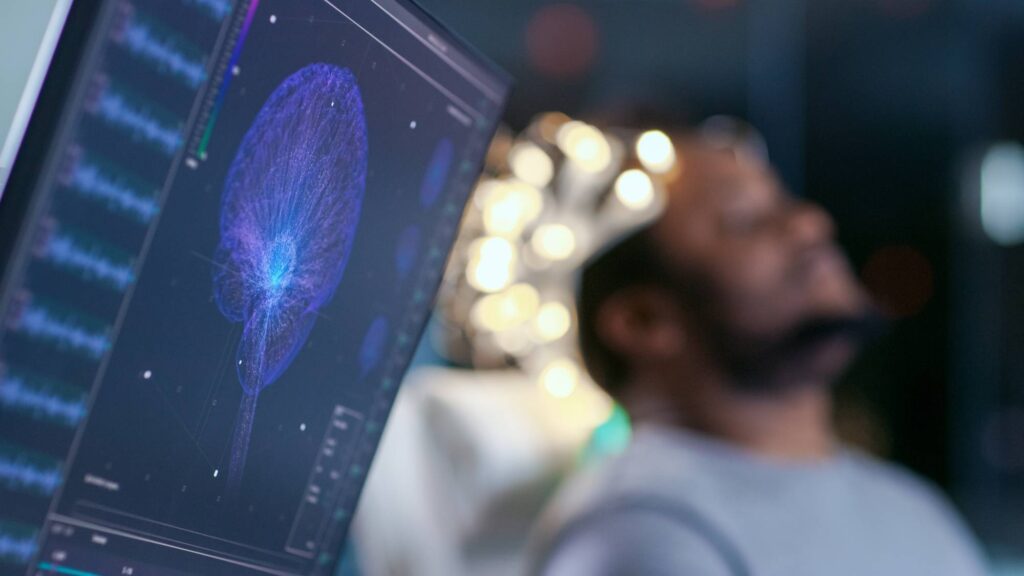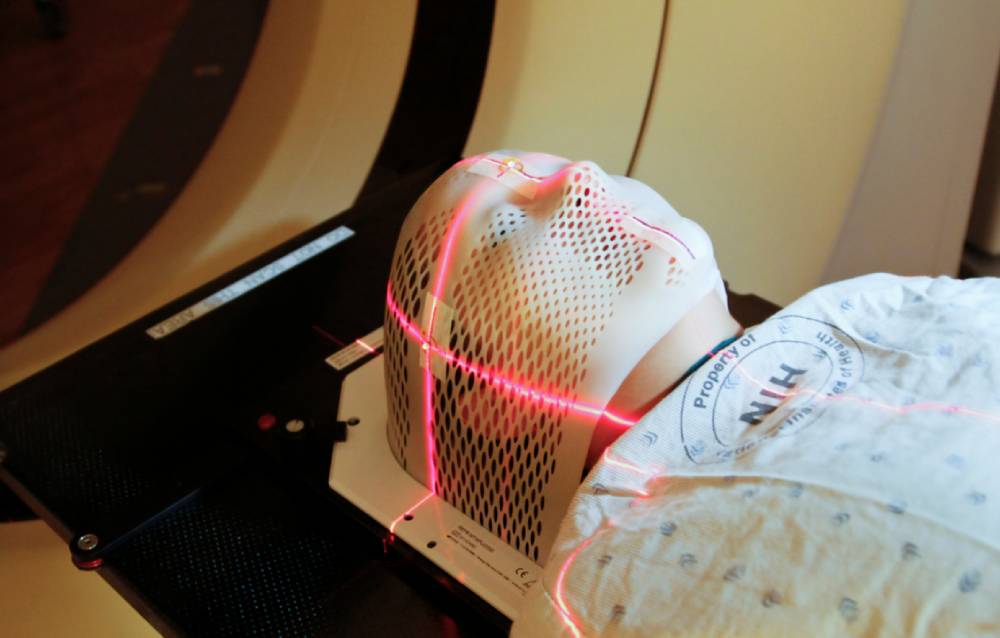The Science Blog

Can We Upload Our Consciousness? The Science Behind Mind Uploading
The concept of uploading human consciousness into a digital medium has long been a staple of science fiction. The idea of moving a human mind into a computer fascinates us. It appears in novels and Hollywood films alike. But how close are we to making this a reality? Can we truly achieve digital consciousness, and what does this mean for the future of humanity? In this exploration of mind uploading, we look at the science behind it. We’ll examine the tech advancements, ethical issues, and what it means for transhumanism.
Mind uploading is appealing because it promises immortality. It offers a way to go beyond the limits of our physical bodies. Yet, the journey from theoretical speculation to practical application is fraught with challenges. This blog will break down these complexities. It offers a clear look at the current research and what the future may hold for digital consciousness.
Key Benefits / Why It Matters

The Quest for Immortality
At its core, the appeal of mind uploading is deeply rooted in the human desire for immortality. People have always looked for ways to live longer. They’ve tried everything from magical potions to today’s medical breakthroughs. Digital consciousness marks a bold shift from these ideas. It suggests a future where the mind can live without the body.
The implications of achieving such a feat are profound. It could change how we view life and death. It offers new ways to keep a person’s knowledge and experiences alive after they pass away. This might spark a new age of wisdom. Here, all human knowledge could be saved and available forever.
Advancements in Artificial Intelligence
The pursuit of mind uploading is closely intertwined with the evolution of artificial intelligence (AI). As AI technologies grow, they offer the basic tools needed to mimic and replicate human consciousness. Machine learning, neural networks, and cognitive computing are key to this effort. They help us understand how the human brain processes information.
AI’s role in mind uploading extends beyond mere replication. It could improve human thinking. This would allow for better intelligence and new ways to interact with digital spaces. AI and digital consciousness may change how we view humanity. They blur the lines between biological and artificial intelligence.
Transhumanism and the Future of Humanity
Mind uploading is key to transhumanism. This movement supports changing the human experience using advanced technologies. Transhumanists see a future where humans go beyond their natural limits. They aim for higher intelligence, longer lives, and better well-being.
Creating digital consciousness would mark a big step forward. It could lead us to a post-human future. It raises big questions about identity, consciousness, and what it means to exist. It challenges our usual ideas of being alive.
Step-by-Step Guide / Actionable Insights
Understanding the Brain: The First Step
The first step towards mind uploading is understanding the intricacies of the human brain. Neuroscience has made great progress in understanding the brain’s structure and functions. It reveals the complex networks of neurons and their connections. The brain is very complex. It has billions of neurons and trillions of synapses. These elements create the rich fabric of human consciousness.
Mapping the Connectome
A key initiative here is the Human Connectome Project. It aims to map all the brain’s neural connections. Scientists want to unlock the secrets of consciousness by understanding the connectome. They aim to create models that can replicate its processes in a digital setting.
Brain-Computer Interfaces
Another crucial development is the advancement of brain-computer interfaces (BCIs). These devices allow the brain to talk directly to outside machines. This could be a way to transfer consciousness. BCIs help people with disabilities now. This shows their promise for more advanced uses later.
The Role of AI in Mind Uploading
Artificial intelligence is pivotal in the quest for digital consciousness. AI technologies give us the power and tools to mimic how the brain works. They create a way to replicate consciousness in a digital form.
Machine Learning and Neural Networks
Machine learning algorithms and neural networks are at the forefront of this endeavour. These technologies mimic the brain’s neural pathways. They can handle large amounts of data. Also, they learn and adapt like humans do. This ability is key for making a digital copy of consciousness. It lets machines think and reason like people do.
Cognitive Computing
Cognitive computing goes further by combining AI with cognitive science. This creates systems that can understand natural language, recognise patterns, and make decisions. These systems are key for building a digital consciousness. They help it interact meaningfully with the world. This gives us a sneak peek into the possibilities of mind uploading.
Ethical Considerations and Challenges

Mind uploading is interesting, but it raises important ethical questions. Digital consciousness makes us think about identity, privacy, and existence. It challenges our morals and beliefs.
The Question of Identity
One of the primary ethical dilemmas is the question of identity. If a person’s consciousness is uploaded into a digital medium, does it retain the essence of the individual, or does it become a separate entity? This raises profound questions about the continuity of self and the nature of personal identity in a digital age.
Privacy and Security Concerns
Digital consciousness also presents challenges related to privacy and security. Storing and using human consciousness digitally raises worries about data protection, consent, and misuse. Protecting digital consciousness is crucial. It needs strong safeguards and clear ethical guidelines.
From Science Fiction to Science Fact: The Future of Mind Uploading
The path to mind uploading shows how humans constantly seek knowledge and understanding. While the road ahead is challenging, the potential rewards are transformative, offering new possibilities for life, identity, and existence.
When we look into mind uploading, we must be careful, curious, and dedicated to ethics. By embracing a collaborative and multidisciplinary approach, we can unlock the secrets of consciousness and pave the way for a future where digital consciousness becomes a reality.
We should keep questioning, exploring, and innovating. This way, our quest for digital consciousness will deepen our understanding of what it means to be human. What are your thoughts on the future of mind uploading? Are we ready to embrace a digital existence, or are there challenges we have yet to fully comprehend? Share your insights and join the conversation.









